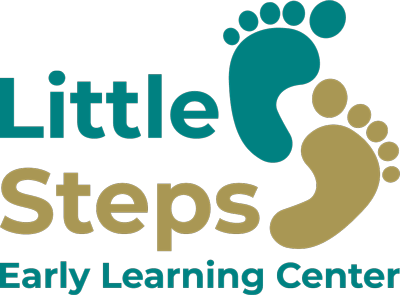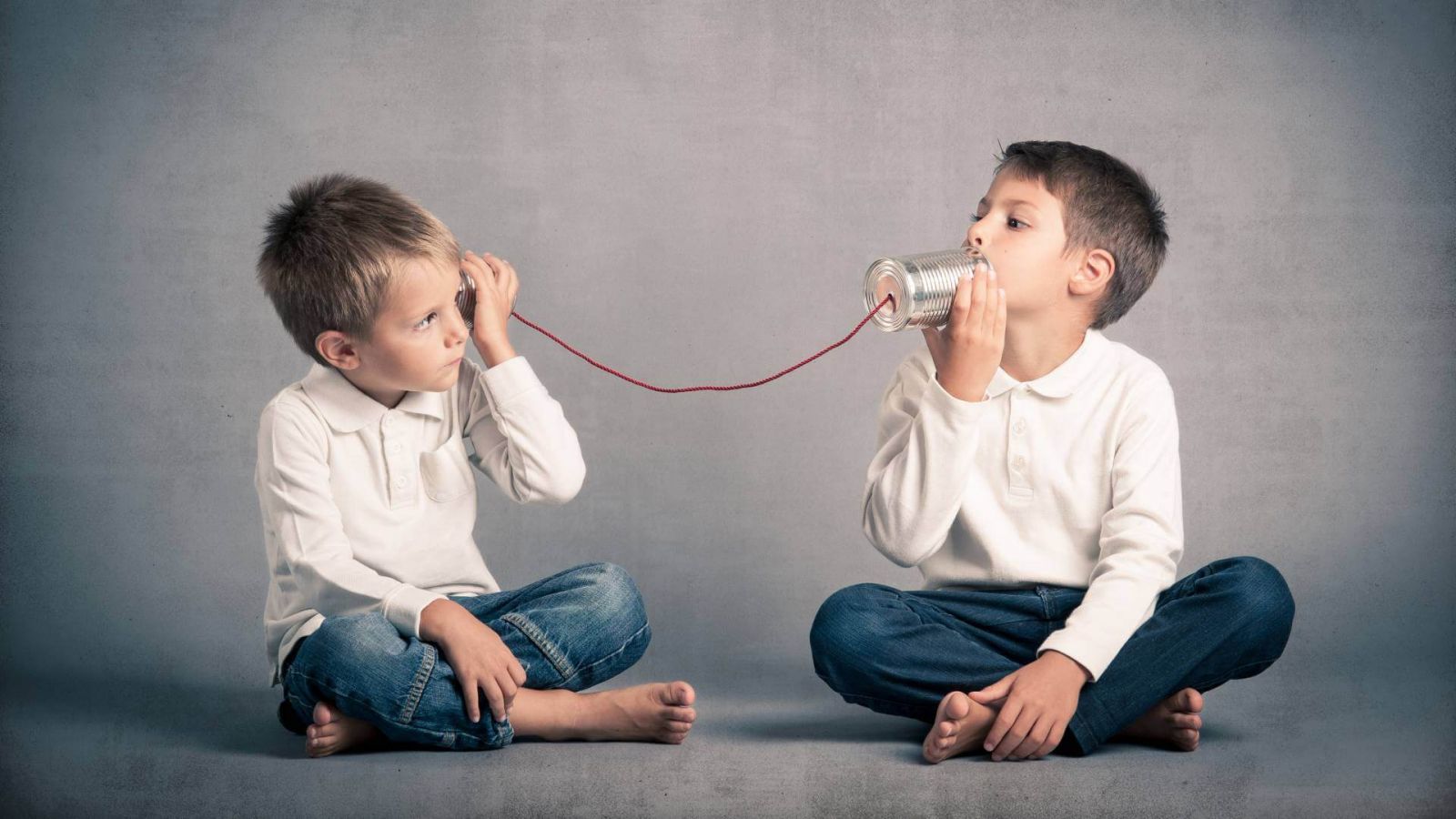Early childhood education is a critical phase in a child's development, setting the foundation for lifelong learning and success. At the heart of this stage lies the preschool curriculum, a dynamic and evolving framework designed to nurture the minds and hearts of young learners. In this article, we will explore the importance of empowering young learners through a carefully crafted preschool curriculum. We will delve into the key components that make our curriculum stand out, emphasizing the role of teachers, parents, and a holistic approach to early education.
The Significance of Early Childhood Education
The early years of a child's life are a time of immense growth, exploration, and development. A well-structured preschool curriculum plays a pivotal role in maximizing the potential of these formative years. It provides a structured environment that fosters cognitive, social, emotional, and physical development. When we empower young learners, we invest in the future, ensuring that children develop the necessary skills, knowledge, and attitudes to succeed in school and life.
Empowering Teachers as Facilitators
Our preschool curriculum places great emphasis on the role of teachers as facilitators of learning. Educators play a critical role in creating a nurturing and stimulating environment where young minds can flourish. They are trained to observe, guide, and support children as they explore the world around them. Teachers are encouraged to embrace a child-centered approach, allowing each child to learn at their own pace and in their unique way.
The curriculum provides teachers with a rich array of resources, including age-appropriate materials, lesson plans, and assessment tools, to help them deliver high-quality education. It also encourages ongoing professional development to ensure that teachers are well-equipped to meet the evolving needs of their students.
Parental Involvement: A Cornerstone of Success
Empowering young learners is not just the responsibility of educators; it's a collaborative effort that includes parents and caregivers. Our curriculum promotes active involvement of parents in their child's early education. We understand that parents are a child's first teachers and can significantly impact their development.
Regular parent-teacher conferences, workshops, and communication channels are established to create a strong partnership between the school and the home. This collaboration ensures that parents are well-informed about their child's progress and can actively contribute to their learning journey.
A Holistic Approach to Early Education
Empowering young learners goes beyond traditional academic subjects. It encompasses a holistic approach to early education, addressing the physical, social, emotional, and cognitive needs of children.
- Physical Development: Our curriculum encourages physical activity and promotes healthy habits. Outdoor play, games, and fine motor skill development activities are integral parts of the daily routine.
- Social and Emotional Development: Young children are encouraged to express their emotions, develop empathy, and build positive relationships with their peers. Social and emotional intelligence are essential skills for success in school and life.
- Cognitive Development: While academic readiness is important, our curriculum also focuses on critical thinking, problem-solving, and creativity. Children are encouraged to ask questions, explore their curiosity, and engage in hands-on learning experiences.
- Cultural Awareness: Recognizing the importance of diversity, our curriculum incorporates multicultural perspectives to help children appreciate and respect differences in the world.
- Language and Literacy: Language development is a central focus, with activities that promote vocabulary growth, early literacy skills, and a love for reading.
- Fine Arts and Creativity: Art, music, and creative expression are nurtured to enhance a child's self-expression and creative thinking.
The Power of Play
Play is a fundamental component of our curriculum. Research shows that play is a powerful tool for children to learn, explore, and develop essential skills. Our curriculum integrates play-based learning experiences into the daily routine, allowing children to learn through hands-on activities, imagination, and exploration. Play provides opportunities for problem-solving, collaboration, and self-discovery, all of which are vital for a child's development.
Assessment for Continuous Improvement
Our preschool curriculum incorporates ongoing assessment as a means of tracking a child's progress and identifying areas that require attention. These assessments are not solely focused on academic achievements but also consider a child's social and emotional growth.
Teachers use a variety of assessment tools, including observations, portfolios, and checklists, to gain a comprehensive understanding of each child's development. The data collected is used to inform instruction, individualize learning experiences, and adapt the curriculum to meet the evolving needs of the children.
Empowering young learners through a well-structured preschool curriculum is a commitment to shaping a brighter future. By embracing a child-centered approach, promoting parental involvement, and nurturing a holistic development, we set the stage for children to become lifelong learners who are socially and academically prepared for the challenges that lie ahead. Our curriculum is a reflection of our dedication to fostering the intellectual, emotional, and physical growth of young learners, ensuring that they step into the world with confidence, curiosity, and a strong foundation for success.


